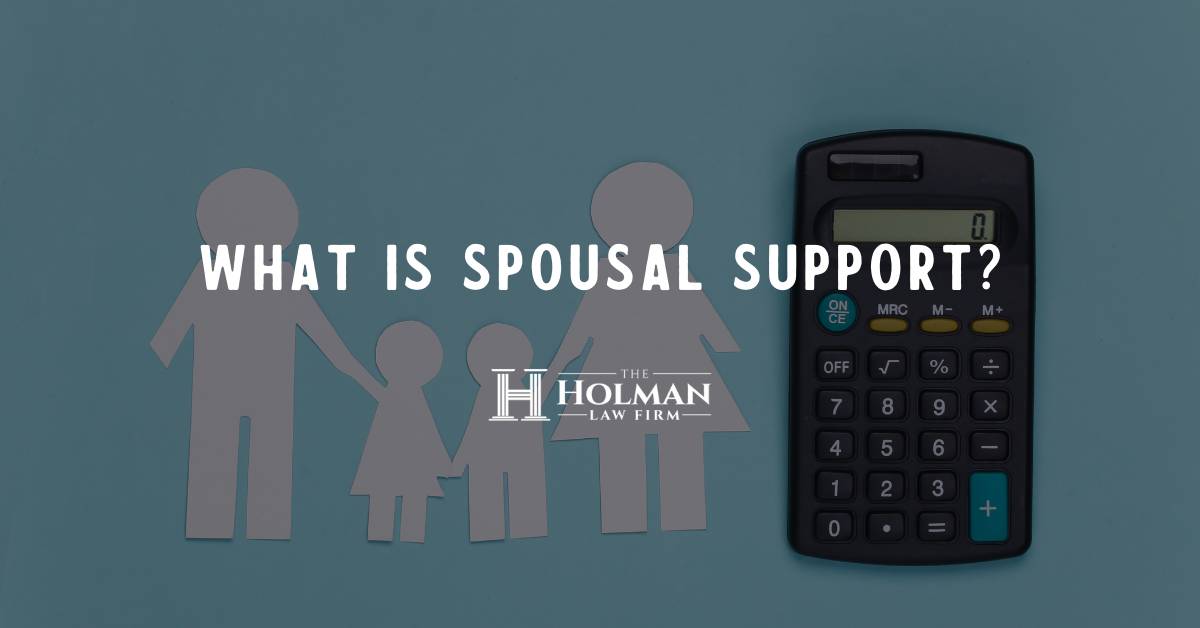When going through a divorce, you will naturally develop a number of questions you never thought you’d ask. As you learn to manage the separation, you may find yourself learning a lot quickly. From figuring out who keeps what property to handling your new financial status, your life is changing quicker than you may feel you can keep up. With the help of your lawyer, and the support of your loved ones, these questions can be answered and you will find peace of mind through the struggle. One question you may find yourself asking is the following: what is spousal support?
Spousal support falls under a few different categories. Another term you may be more familiar with when it comes to spousal support is ‘alimony’. Alimony refers to the financial compensation that is given from one spouse to another in order to limit unfair economic advantages following a divorce. For example, when one party decides to sacrifice advancing their education or following a career path in order to support the family, alimony ensures that following a divorce they are taken care of. From long-term support to temporary, depending on the couple’s situation, the type of support varies.
Short-Term Support
Short-term support refers to a type of spousal support that allows the supported spouse to adjust to their new lifestyle during or after a divorce. This type of support is most commonly seen in marriages that are shorter and typically last only a few years. The payments received from alimony can go towards anything from living expenses to divorce fees.
Moderate-Term Support
In the state of Florida, moderate-term support is another type of alimony you may hear of. This type of support is most common in marriages that lasted between 7 and 17 years, and the amount of support does not typically exceed the number of years the marriage lasted.
Long-Term Support
Long-term or permanent support is more commonly granted in divorce cases in which the marriage lasted over ten years. In marriages where one spouse will likely never enter the workforce, long-term or permanent alimony is on the table. This type of support can be ended, however, if the spouse remarries or enters into a marriage-like relationship in which the two share financial support.
Dealing with navigating the waters after a divorce and handling alimony can be tricky, but with the Holman Law Firm on your side, you can be sure that you will be represented fairly and informed on every decision that needs to be made, so you can proceed with confidence. Call us today to learn more about spousal support and how we can help you through this difficult time in your life at (850) 435-6909.
Services We Offer:
Family Law | Child Custody | Divorce | Personal Injury | Auto Accidents



